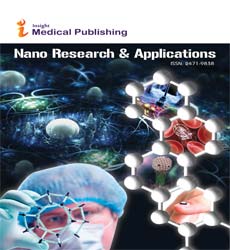Microfluidic Development of Aptamers against Biological Targets
Abstract
This presentation will discuss a microfluidic approach to integrated and rapid isolation of aptamers against biological targets. Aptamers are oligonucleotides that bind to biological targets via specific affinity interactions. Compared to other affinity molecules such as antibodies, aptamers can be synthetically developed for a broad range of biological targets and are attractive to both in vitro and in vivo applications. The development of aptamers involves a process of iterative affinity selection and amplification to isolate target-binding oligonucleotides from a randomized library. The process, when implemented on conventional platforms, is labor-intensive, time-consuming, and requires large amounts of target molecules that are often rare or expensive. We employ microfluidic technology to realize physical and functional integration of aptamer isolation on a single chip, without using any off-chip procedures. Experiments demonstrate isolation of high-affinity aptamers against biomolecular targets, such as proteins, glycans and glycosylated peptides, in a rapid manner (~10 hours vs. one month or more by conventional methods) with much reduced reagent consumption. This microfluidic approach can potentially enable aptamers to be used as broadly and readily available affinity reagents in basic biological sciences as well as clinical diagnostic and therapeutic applications.
Open Access Journals
- Aquaculture & Veterinary Science
- Chemistry & Chemical Sciences
- Clinical Sciences
- Engineering
- General Science
- Genetics & Molecular Biology
- Health Care & Nursing
- Immunology & Microbiology
- Materials Science
- Mathematics & Physics
- Medical Sciences
- Neurology & Psychiatry
- Oncology & Cancer Science
- Pharmaceutical Sciences
